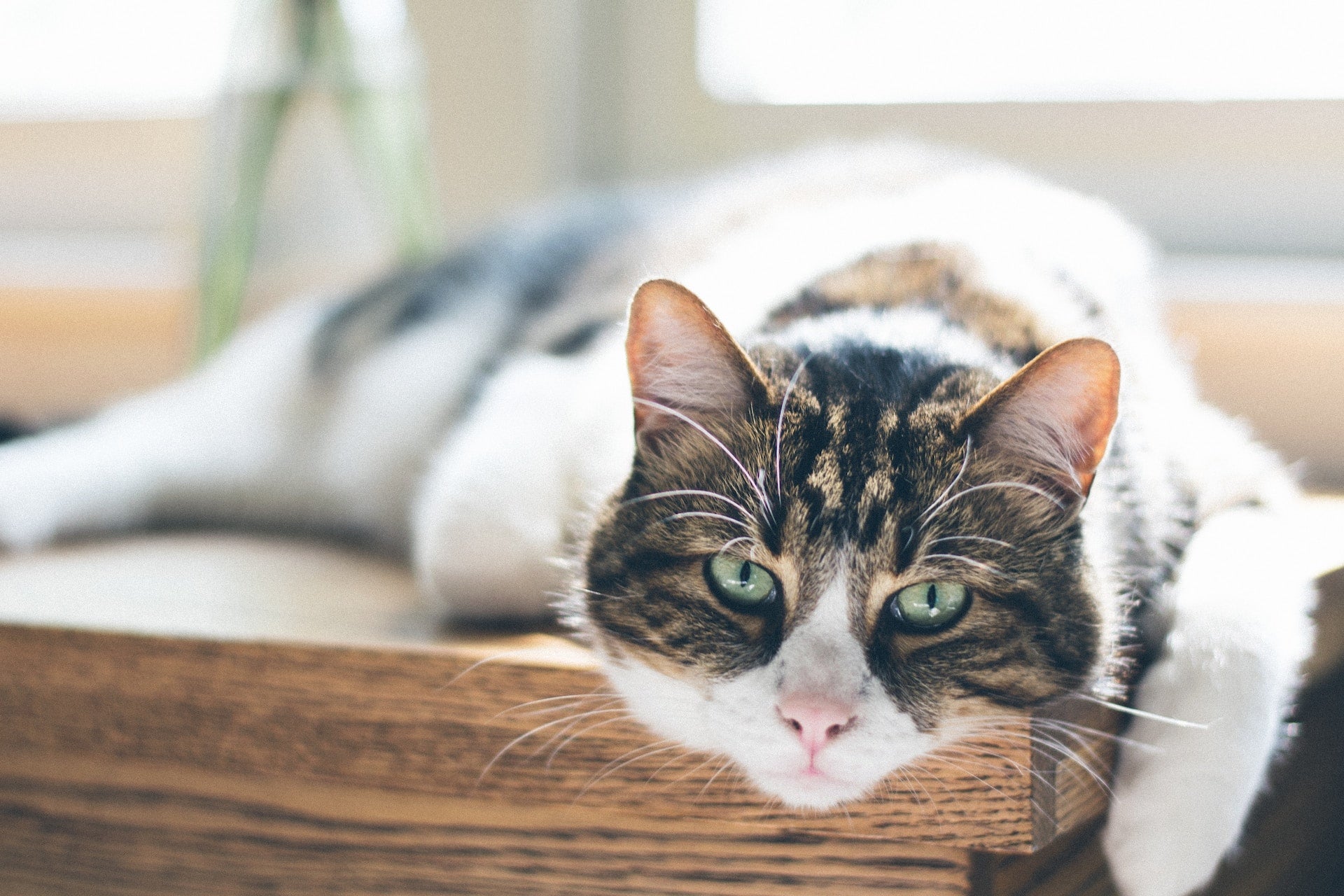Your feline friend may not thank you for calling them elderly, but when it comes to health considerations, age is an important factor.
Like every species, the older we get, the more we slow down. Typically, when we move less, we eat less. But sometimes that can go too far.
If your elderly cat won’t eat, it could be lifestyle or it could be something else.
With a little work and observation, you should be able to identify why your companion isn’t eating and decide whether it’s something worth worrying about or not.
The good news is that most of the time it’s the latter! Here’s what you need to know…
Why your older cat may not be eating
There are a few reasons why your elderly cat won’t eat or is eating less. Fortunately, they are usually easy to identify.
It could be:
A change in diet and or dietary preference
Cats are usually content to eat their favourite food day after day, but that isn’t always the case.
Just like us, sometimes a cat just feels like a change or doesn’t get the same satisfaction out of their food as they used to. This could be why they aren’t eating.
A change in environment
Cats are incredibly sensitive to changes in routine and their environment.
If you’ve recently moved home, changed the wallpaper, changed their food bowl or even changed your perfume, your furry friend may take a little while to adapt.
Dental problems
Dental problems can often be why an older cat isn’t eating. Toothache can remove their appetite altogether, while infection can make eating uncomfortable, so they avoid it.
Cats that eat dry food can suffer more from dental problems than those that eat soft foods. But both can be impacted, so keep an eye on their oral health.
A low-quality diet
Cats aren’t nutritionists, but they can often tell when they are being fed poor-quality food. The taste isn’t always there, and the texture can give the game away.
If you’re trying your cat on a new food to save money and they don’t eat it, this may be why your cat won’t eat.
Stress or depression
Stress or depression can be caused by several factors and diet is usually one of the first areas to suffer.
If your cat has been through a trauma, has just lost a sibling or there has been a change in routine, your cat may be feeling it and not want their dinner.
A health issue
Underlying health issues like an infection or allergies can be why your elderly cat won’t eat. Cats are great at masking illness or pain and won’t let on until they really have to.
It could be something as simple as the common cat cold or a urinary infection. Anything that makes your cat feel under the weather can interrupt their appetite.
How to encourage an elderly cat to eat
The good news with all this is there are ways to encourage your cat if they won’t eat.
Change their diet
If you have switched your cat’s food, switch it back. If you have had to move from a premium brand to a cheaper one, try to find a middle ground. If you’re still feeding your cat normal food, switch to senior food.
Experiment a little with their food to see if a change of taste, smell or quality is enough to get them eating again.
Give them space and allow them to eat when they want
Older cats won’t eat as much as younger ones because they don’t play as much.
Don’t pressure your cat into eating, don’t hover over them and don’t keep trying to feed them.
Keep things relaxed, put food down, give them space to eat and don’t cause them any extra stress around mealtimes.
Change feeding methods
Your cat may just want a change. If they usually graze, switch to set dinner times and remove their grazing food or vice versa.
Using an automatic pet feeder from Closer Pets would be a good solution to help keep regular dinner times, whether you’re at home or not.
If you have multiple cats, use the MiBowl microchip pet feeder to make sure one cat isn’t stealing the other’s food.
Assess their eating area
Make sure the area where they eat is clean, doesn’t smell, doesn’t have too many distractions and looks the same as it always has.
If you have made any changes, either give your cat time to adapt or change it back to how it was.
H2O harmony
Encouraging your cat to drink is also important, as they don't have high thirst drives. Staying hydrated will help flush out toxins that may build up and cause kidney or urinary tract disease – this can sadly be a leading cause of death in elderly cats.
The good news is that thanks to their natural instincts to drink from streams and rivers, cats absolutely love moving water, so a cat drinking fountain might be the solution for you!
Seek veterinary advice
If all else fails and you have tried all the above and your elderly cat still won’t eat, visit the vet.
It could be nothing, but it could be something.
When it comes to the well-being of our beloved felines, it’s much better to be safe than sorry!
Old cats not eating
Cats are sensitive creatures and can be thrown off their game by the smallest thing.
Fortunately, by using a process of elimination and assessing life from your cat’s perspective, you can often identify the cause and do something about it.
If all else fails, a quick trip to the vet should be enough to set your mind at ease!

